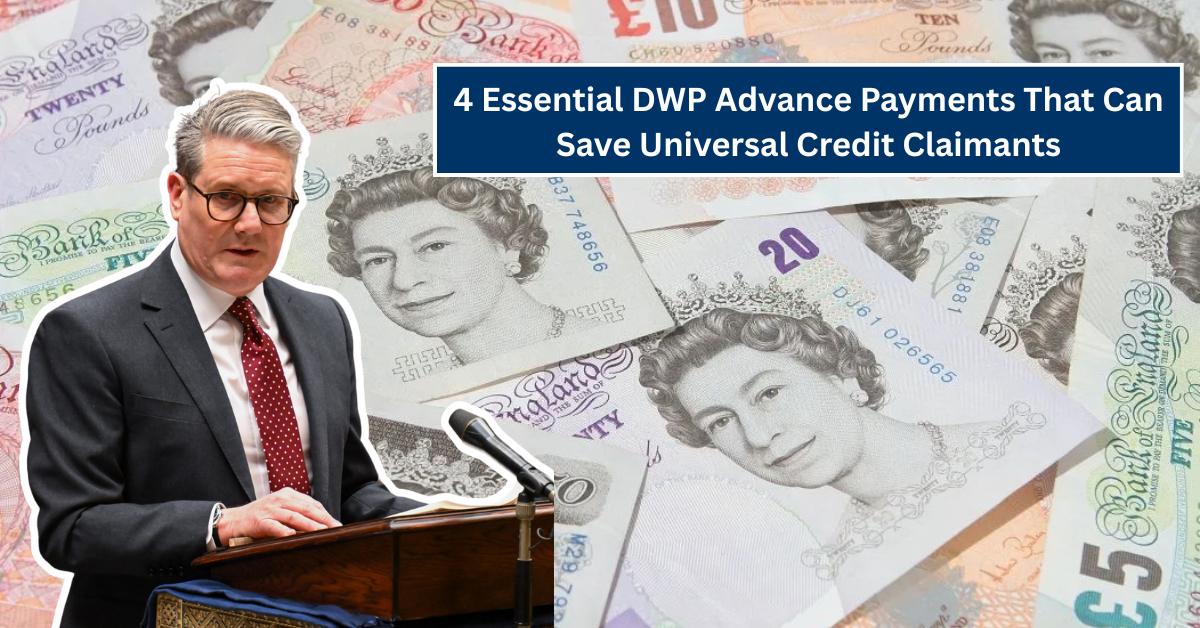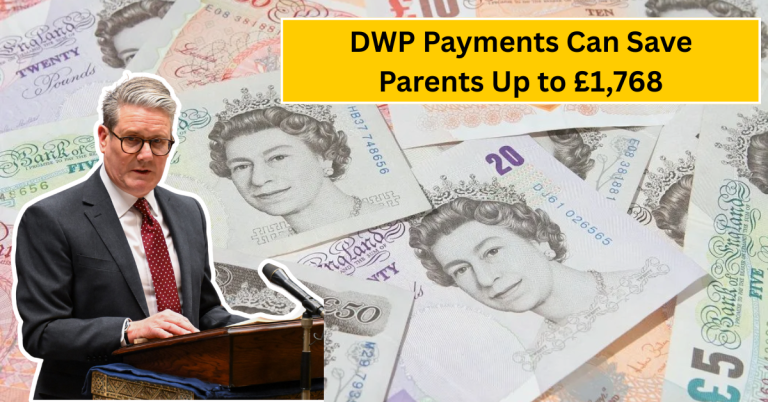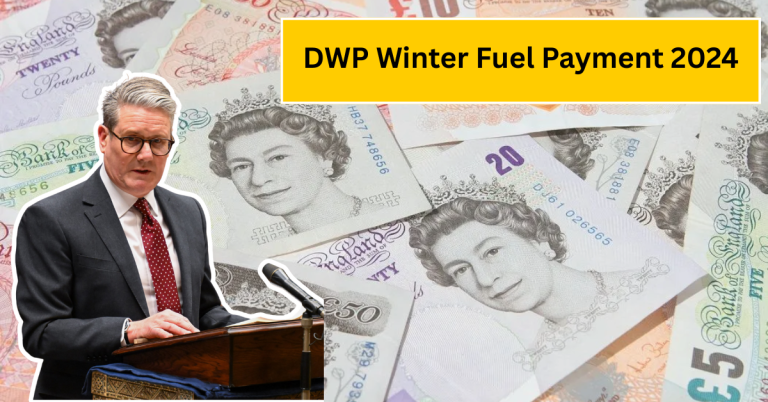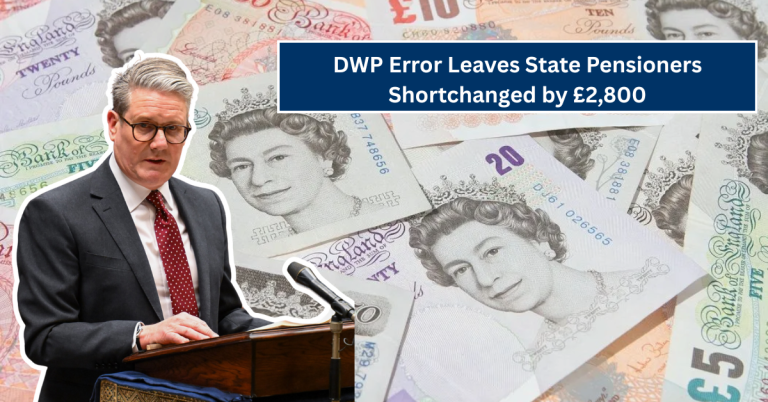
Universal Credit is a vital support system for many people facing financial difficulties. But sometimes, waiting for your first payment or a change in your claim can cause serious money problems. In emergencies, the Department for Work and Pensions (DWP) offers advance payments to help you get funds quickly and avoid stress.
In this article, we will explore four key DWP advance payments designed to support Universal Credit claimants during tough times. Whether you are new to Universal Credit or already receiving it, knowing about these advances could make a big difference during an emergency.
What is a DWP Advance Payment?
A DWP advance payment is a loan from the government to help you when you cannot wait for your Universal Credit payment. It is especially useful if you are just starting your claim or if a change in your payment causes a delay. These advance payments can cover essential costs like rent, bills, or food until your regular payment comes through.
Keep in mind, advance payments are not free money—they must be paid back, usually by deducting amounts from your future Universal Credit payments. Still, they provide quick help when you need it most.
1. Universal Credit New Claim Advance Payment
If you are applying for Universal Credit for the first time, you may have to wait about five weeks to get your first full payment. This waiting period can cause financial hardship, but the DWP offers a New Claim Advance Payment to cover this gap.
This advance can be up to the amount of your estimated Universal Credit award for one month. You can ask for it once your claim is accepted, and it usually arrives within a few days. You will repay this advance in monthly instalments from your future Universal Credit payments.
2. Universal Credit Change of Circumstances Advance Payment
If your personal circumstances change during your claim—like switching jobs, moving house, or having a child—your Universal Credit payment might change too. Sometimes, this can cause delays or temporary loss of income. The DWP offers an advance payment for changes in circumstances to help you through these financial gaps.
This advance is based on your new award amount, providing quick funds while your Universal Credit adjusts. Like other advances, you need to repay this money from future payments, but it can prevent urgent money problems during life changes.
3. Universal Credit Budgeting Advance
The Budgeting Advance is a grant you can get if you have been on Universal Credit for at least six months and face a crisis that costs money you don’t have. This could be for emergencies like replacing broken appliances, urgent repairs, or buying warm clothes.
Unlike other advances, the Budgeting Advance can sometimes be a non-repayable grant depending on your situation. This makes it very helpful for claimants who urgently need money but may struggle to repay a loan.
4. Universal Credit Run-On Payment (or Help with Housing Costs)
When you stop claiming Universal Credit, you usually get your final payment, but sometimes you may also get a Run-On Payment. This is an additional payment to help you while you arrange other income or benefits.
If you have been claiming Universal Credit and need short-term help with housing costs or other bills after your claim ends, you might get this payment as an advance or a quick support boost. It is designed to stop you falling into debt after your Universal Credit stops.
How to Apply for a DWP Advance Payment
Applying for any of these DWP advance payments is simple. You can call the Universal Credit helpline or use your online Universal Credit account to ask for an advance. The DWP will ask questions about your income and why you need the advance.
Make sure to explain your situation clearly. Providing accurate information will help the process go faster so that you receive assistance without delay. Remember to ask about repayment terms to plan your finances better.
Important Tips to Remember About DWP Advances
While DWP advance payments provide important relief, it’s crucial to manage them wisely. Since advances are loans (except for some grants), you’ll repay them over time, which means smaller future Universal Credit payments.
Try to budget carefully and only request an advance when it’s truly necessary. If you face persistent financial problems, consider talking to a benefits adviser or charity for extra support.
Conclusion
DWP advance payments can be a lifeline for Universal Credit claimants in emergencies. Whether you are waiting for your first payment, experiencing a change in circumstances, facing urgent costs, or ending your claim, knowing these four types of advances can help you act quickly.
Remember, these advances are there to support you when times are tough. By understanding your options, you can avoid financial strain and take control of your money situation with confidence.






